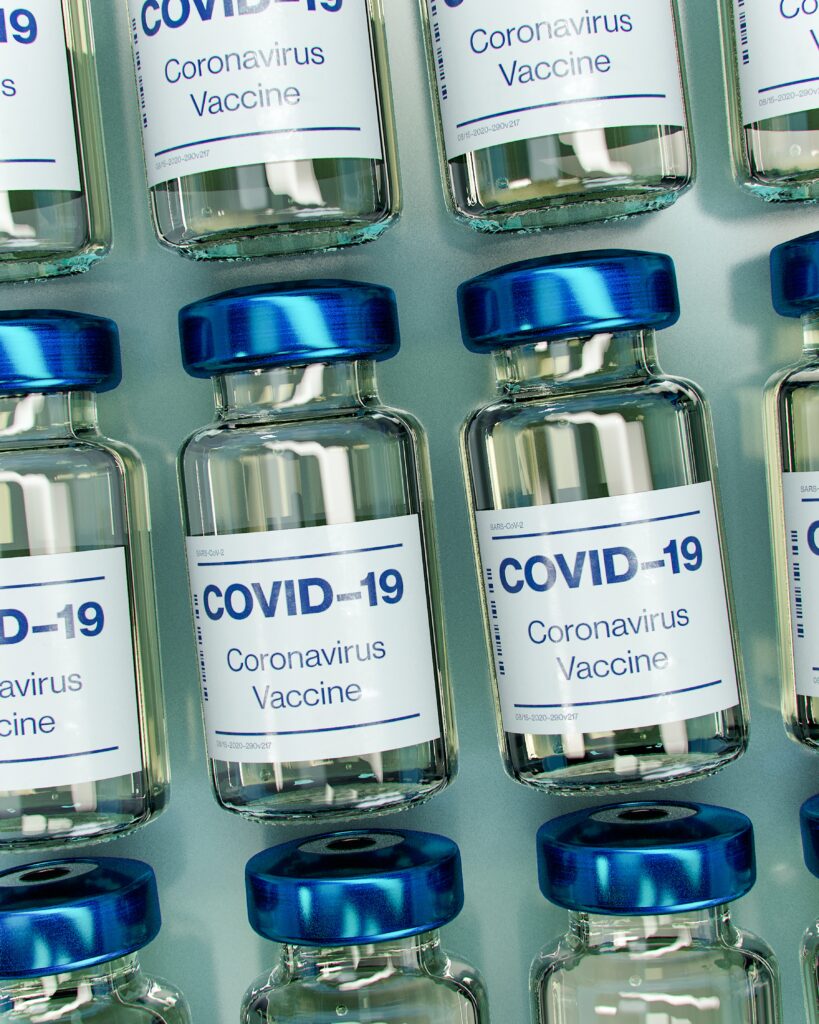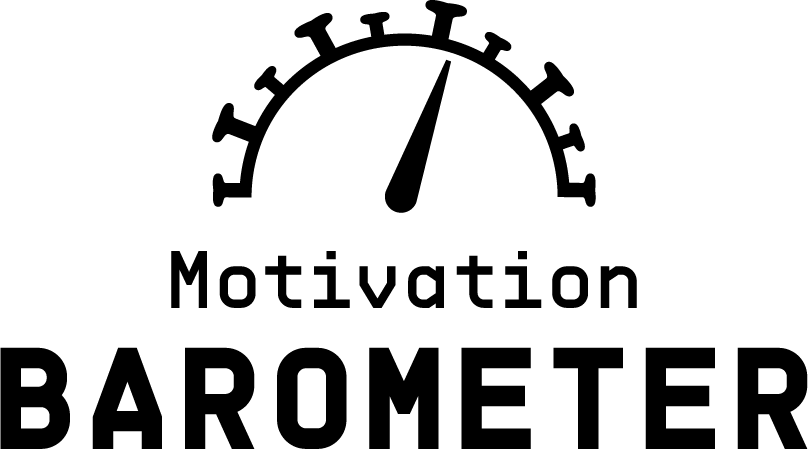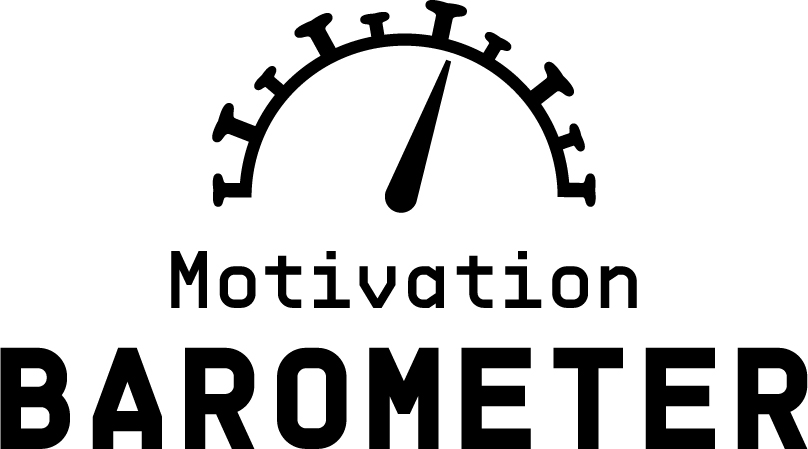
Abstract
Achtergrond
Vaccinatiebereidheid is een kritieke stap in de inspanningen om kudde-immuniteit te bereiken en de COVID-19 pandemie onder controle te krijgen. Toch blijven veel mensen terughoudend om zich te laten vaccineren.
Doelstelling
Door integratie van de literatuur over de Zelf-Determinatie Theorie, vertrouwen in autoriteiten, en samenzweringstheorieën, onderzoekt dit onderzoek (a) het directe en indirecte effect van overheidsvertrouwen en samenzwering via onderliggende vormen van motivaties om zich (niet) te laten vaccineren tegen COVID-19 en (b) of deze associaties verschillen tussen de twee grotendeels politiek onafhankelijke Belgische taalkundige groepen.
Methoden
Met behulp van Structural Equation Modeling hebben we onze modellen getest in twee onafhankelijke steekproeven, in februari 2021 (T1) en april 2021 (T2) (Totale N = 8264).
Resultaten
Op T1 en T2 voorspellen vertrouwen in de overheid en complotdenken beide de COVID-19 vaccinatie intentie, respectievelijk positief en negatief. Deze relaties worden volledig gemedieerd door motivationele factoren, waarbij geïdentificeerde motivaties een grotere positieve bijdrage hebben. Wanneer we kijken naar de linguïstische context, komen er verschillen aan het licht op T2, waarbij Franstalige Belgen een lager niveau van overheidsvertrouwen en een hoger niveau van complotdenken vertonen dan Nederlandstaligen.
Conclusies
De resultaten tonen het belang aan van de integratie van distale (vertrouwen in de overheid, complotdenken) en proximale (motivationele) variabelen om de vaccinatie-intentie te begrijpen.
Van Oost, P., Yzerbyt, V., Schmitz, M., Vansteenkiste, M., Luminet, O., Morbée, S., Van den Bergh, O., Waterschoot, J. & Klein, O. (2022). The relation between conspiracism, government trust, and COVID-19 vaccination intentions: The key role of motivation. Social Science & Medicine, 114926.


